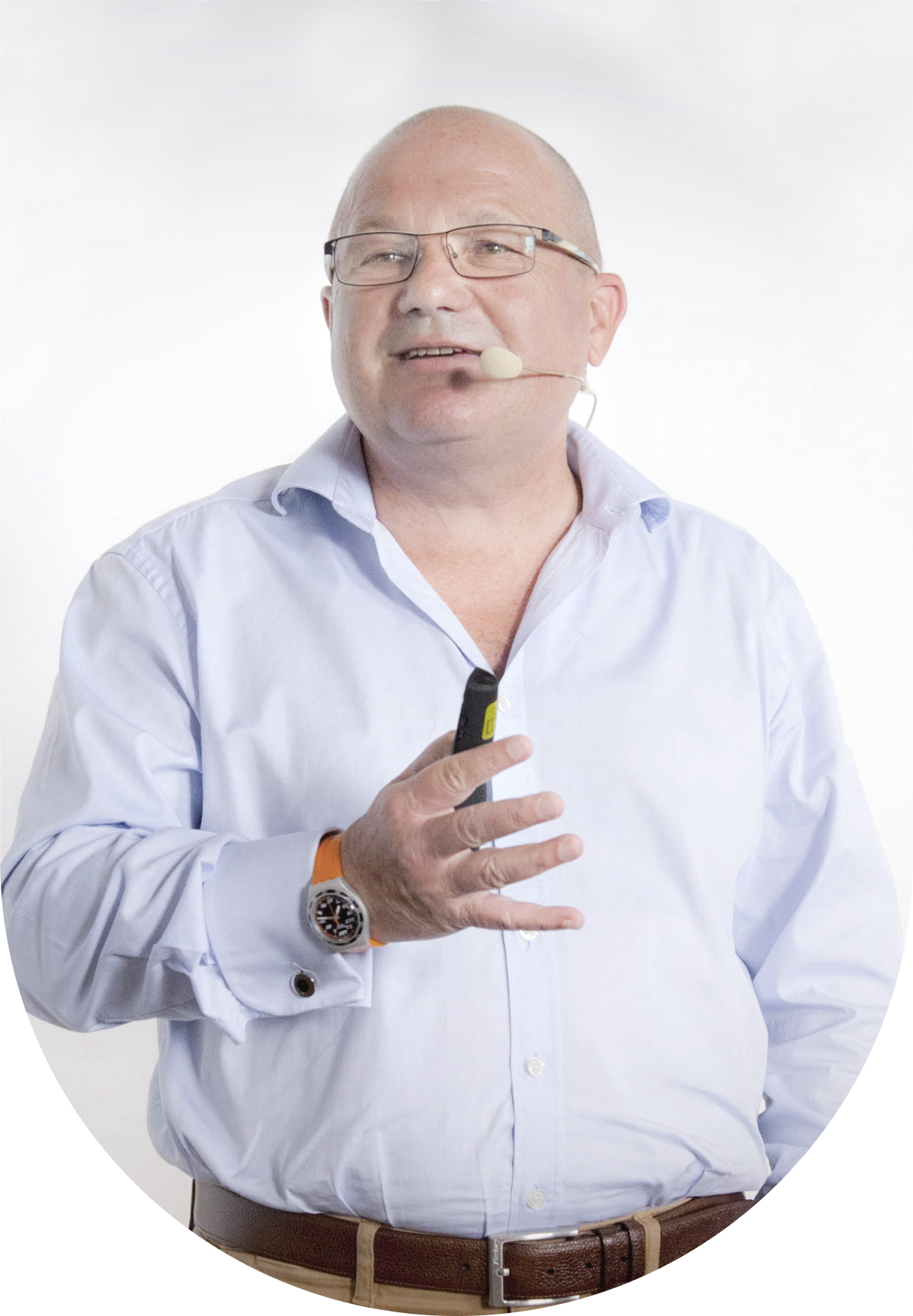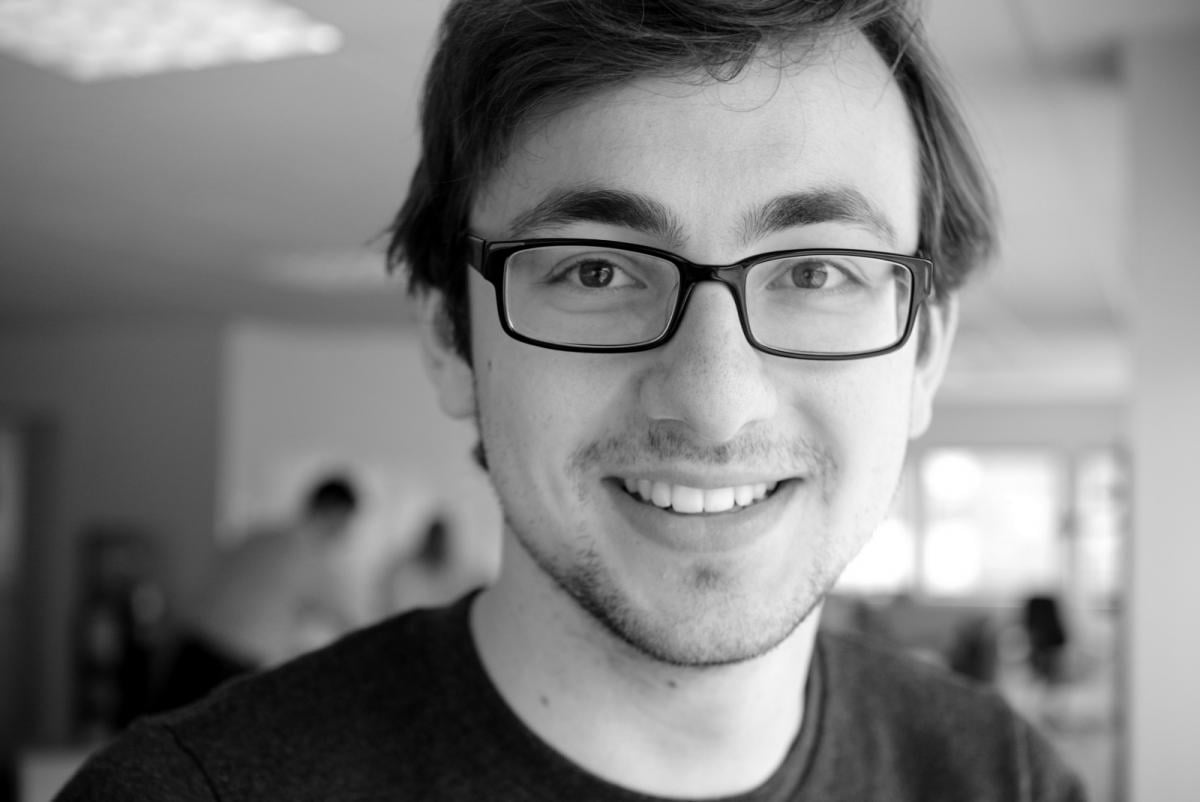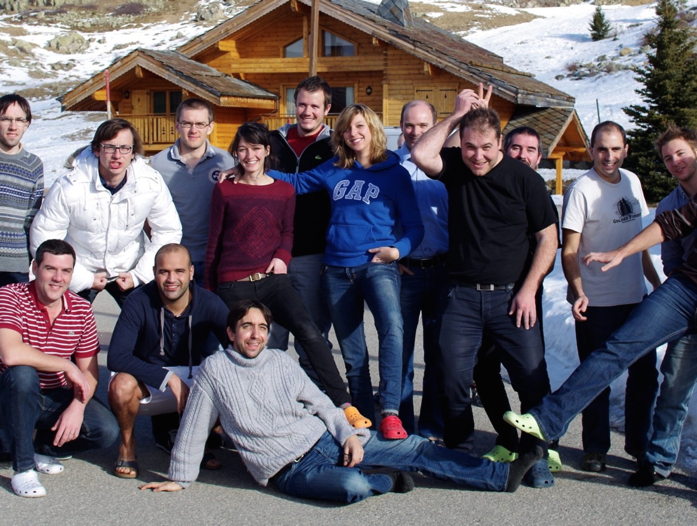Can Holacracy be applied in a large group?

Nearly 10 months ago, the “DECATHLON Village” department opted for a new management method, Holacracy. In the general context of a teal organization promoted by the Group’s Management, the time was right to serve as a department-wide laboratory in a large group such as DECATHLON. Once implemented, i.e. from the outset, collective work is used to precisely describe what each person does every day, translating this into the implementation of Roles and Circles. At this stage, each person’s participation and involvement is important, since one observation can be made about our conventional organizations – they have become obsolete, they are “has beens”, they no longer correspond to reality and notably can no longer keep up with the pace imposed by our environments and by today’s generations, Y, Z, etc., which remind us every day of the need for flexibility and speed in decision making as well as in execution. If I am not listened to, if I cannot implement what I propose, I go off and live my own experience. That is one of the realities that we are confronted with today.

In line with our structure’s purpose, we have learned to work differently, to structure our weeks and our months, without bosses, and without monthly monitoring, the centerpiece of management for the last 40 years at DECATHLON. So what conclusions can we draw today? Learning a new method, a new way of working, highlights the obsolescence of our management systems and, generally, nobody really wants to go back, but more paradoxically, everyone’s personal investment in making it a success is very different. Our department continued working, achieving results and assessing its performances, without any one person’s direct power, but rather with a multitude of roles working along the same lines toward the purpose. It is therefore possible to work differently and this awareness is a success in and of itself. But having authority in one’s roles has a price, that of being involved in each circle and here the observation is less obvious. You sometimes have to respond to requests from the group in a more conventional way, not saying “no”, and you can quickly fall back into your organization’s old decision-making or coordinating patterns, not to mention the pathos and in-house networks of influence that still occupy part of our energies instead of being concentrated on the company’s most important objectives. It is very hard to not respond to a colleague’s problem by saying that that it’s not your role, and even harder to explain to them that they have the possibility, or even the authority, to solve the problem themselves.

That is the paradox of this observation, looking for the best solutions for liberating our organizations while refusing radical changes to our work methods. Do I really want to take power, to have the power to decide and to innovate, or do I prefer to continue being a “follower”? The impetus given by Holacracy now enables us to measure the full extent of how far we have to go in rethinking our organizations. Whether or not it works, we are first and foremost pioneers who so far cannot know the extent of the territory that remains to be discovered. So we have to accept this and continue to move forward even if it entails moving one little step at a time.




